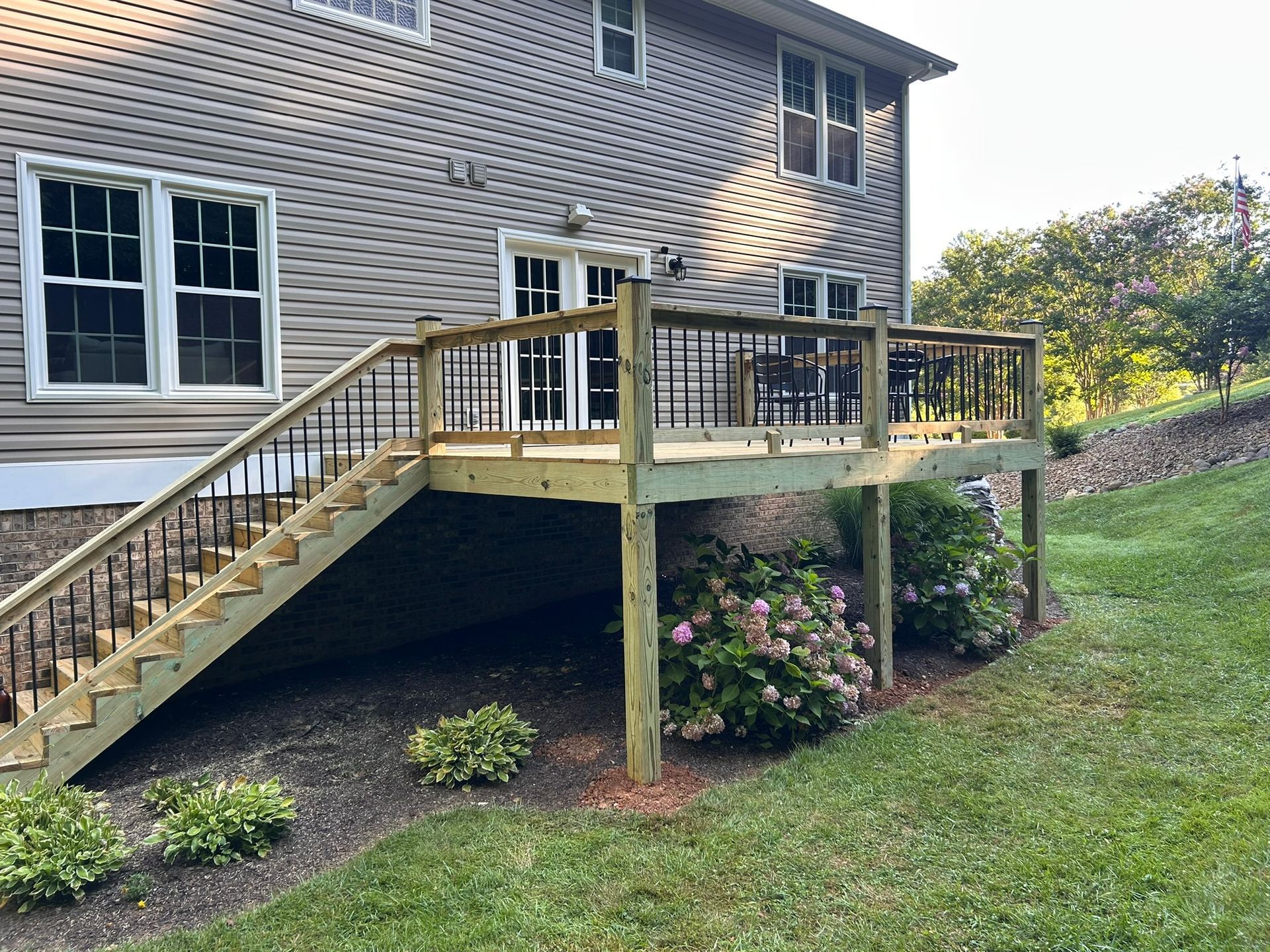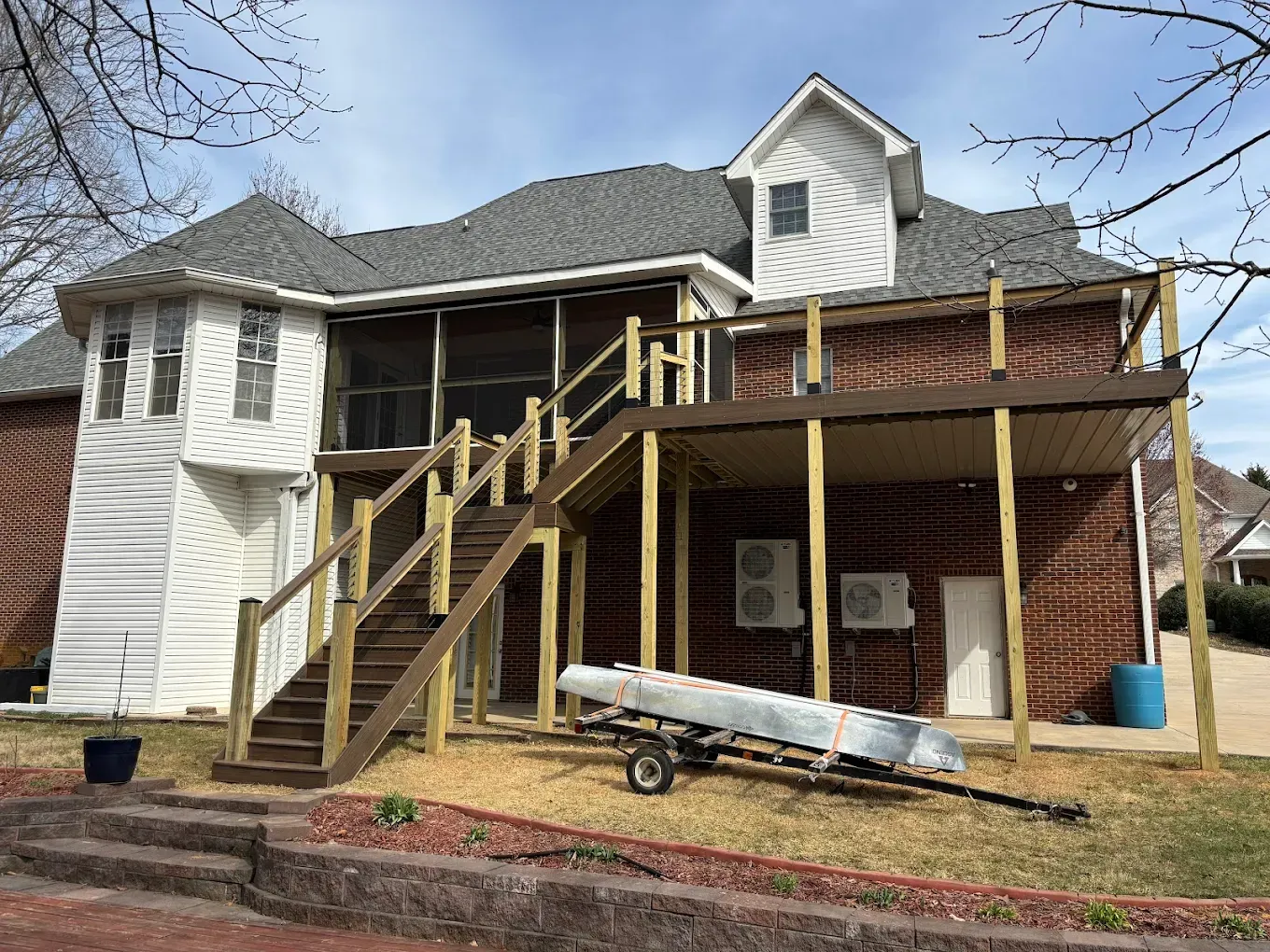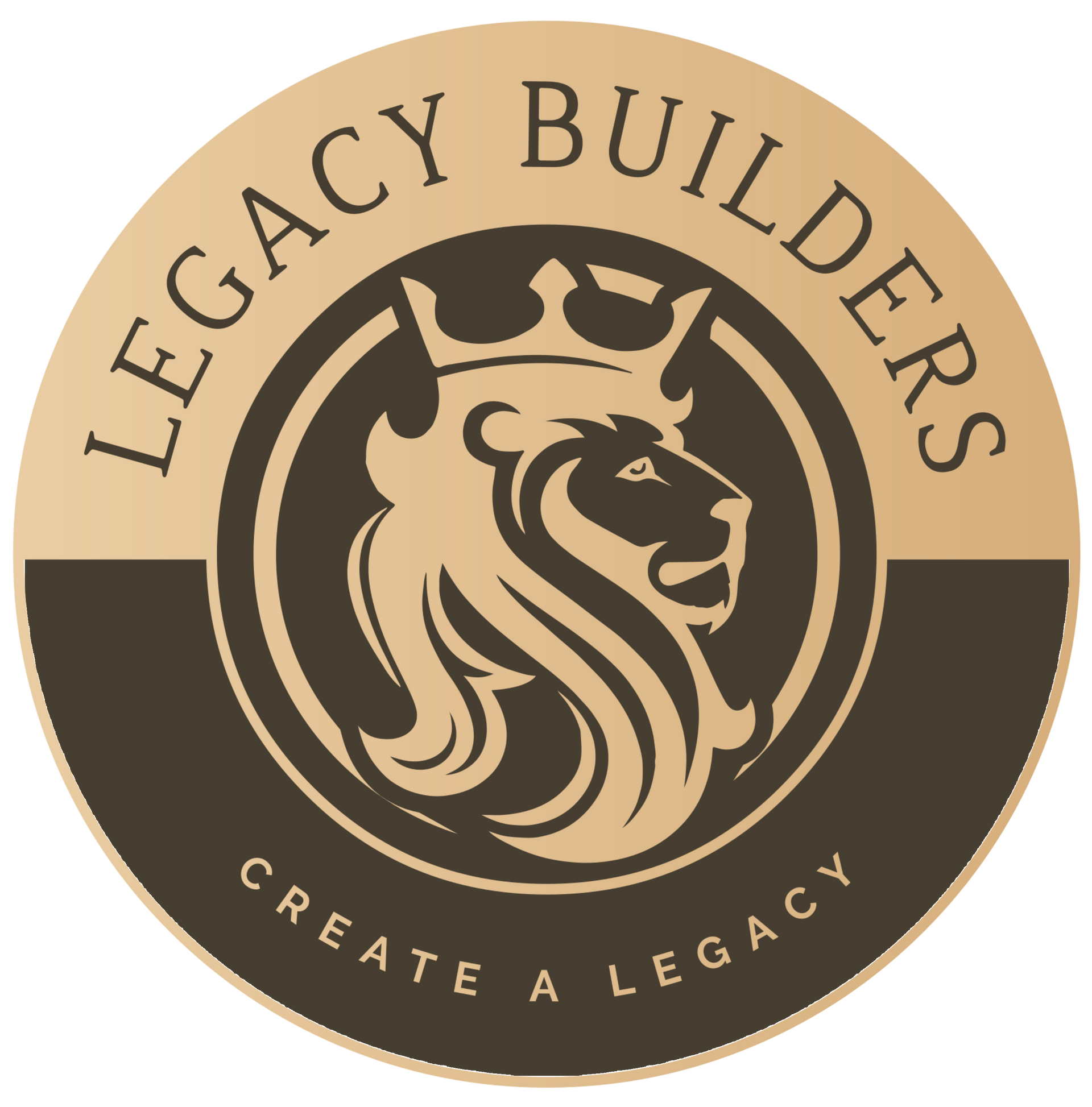Trex vs. Other Composite Decking: What You Need to Know Before You Build
August 1, 2025
If you're thinking about upgrading your outdoor space with composite decking, chances are you've come across Trex—one of the most recognizable names in the industry. But is Trex
the best option for your deck? And how does it compare to other composite decking brands like TimberTech, Fiberon, or Deckorators?
Here’s a breakdown to help you understand the differences and choose what’s right for your home, your style, and your budget.
What Is Composite Decking, Anyway?
Composite decking is made from a blend of recycled wood fibers and plastic. Unlike traditional wood, it won’t splinter, rot, or need to be stained every year. It’s a long-lasting, low-maintenance option for homeowners who want a beautiful deck without the constant upkeep.
Trex: The Industry Leader
Founded in 1996, Trex is one of the original composite decking brands—and it’s still the most well-known. Their boards are made from 95% recycled materials and come in three main product lines:
- Trex Enhance® – Budget-friendly, basic colors
- Trex Select® – Mid-range performance and aesthetics
- Trex Transcend® – High-end durability and wood-like finish
Trex Pros:
- Proven track record (over 25 years)
- Excellent warranty (25–50 years depending on product)
- Widely available and easy to install
- Scratch, fade, and stain-resistant
Trex Cons:
- Can be hotter underfoot in direct sun
- Fewer premium color and texture options than some competitors
- More expensive than entry-level brands
How Trex Stacks Up to Other Brands
Trex vs. TimberTech (AZEK)
- TimberTech offers composite and PVC options with high-end visuals and cooler surface temperatures.
- More woodgrain detail in premium lines
- Better performance in very wet climates (especially AZEK line)
- Slightly higher cost at the top tier
- Great for: Ultra-premium looks and lakefront properties.
Trex vs. Fiberon
- Fiberon is known for offering great value with solid warranties and decent styling.
- Often more budget-friendly than Trex
- Comparable longevity and warranty
- Slightly fewer style options at local suppliers
- Great for: Getting composite decking without stretching your budget.
Trex vs. Deckorators
- Deckorators uses a unique mineral-based composite that’s incredibly strong and lightweight.
- Excellent for extreme climates
- Stylish, modern finish options
- Higher price tag
- Great for: Homes that need next-level durability or live near water.
So Which One Should You Choose?
It depends on what matters most to you:
Need Best Choice
Budget-Friendly Trex Enhance
or Fiberon Good Life
Premium Look & Feel TimberTech AZEK
or Trex Transcend
Wet or Coastal Areas Deckorators
or TimberTech AZEK (PVC)
Most Popular Brand Trex
Eco-Friendliness Trex
and Fiberon
(95% recycled content)
Here’s Our Take (and Yes, We’re a Little Biased)
At Legacy Builders, we’re proud to be a Trex Certified Installer, which means we meet Trex’s highest standards for craftsmanship and installation. So yes—we’ll admit we’re a little biased. But only because we’ve installed just about everything, and Trex continues to deliver in performance, looks, and reliability.
That said, we’re happy to work with whatever brand you love. If you’re dreaming of a sleek TimberTech design or a modern Deckorators layout, we’ve got the tools and the experience to bring it to life. Just don’t be surprised if we try to sneak in a few Trex samples during your consultation.
Ready to Build Your Dream Deck?
Whether you’ve already chosen your material or you’re still deciding, Legacy Builders is here to help. Let’s design something that fits your home, your lifestyle, and your budget—with quality that lasts for years to come.
Contact us today to schedule a free consultation and get started.

Choosing between wood and composite decking? You’re not alone—it’s one of the most common questions we get at Legacy Builders. Here’s a quick breakdown to help you decide: Wood Decking Pros: Lower upfront cost Natural, classic appearance Easy to cut and work with Cons: Requires yearly staining/sealing Can warp, splinter, or rot over time Shorter lifespan if not maintained Best for: Homeowners who love the traditional look of wood and don’t mind a little upkeep. Composite Decking Pros: Low maintenance (no staining or sealing) Resists fading, splintering, and insects Long lifespan—typically 25–50 years Cons: Higher initial cost Can retain more heat in full sun Best for: Anyone wanting a worry-free deck that looks great for decades. Our Take? At Legacy Builders, we install both—but we’re a Trex Certified Installer, so we’ve seen firsthand how well composite holds up over time. That said, if you're set on wood, we’ll build it beautifully. Bottom line: Go with what fits your lifestyle, your budget, and how much maintenance you're willing to take on. Still undecided? Let’s chat. We’ll walk you through samples and help you make the best call for your home. Contact Us to schedule your free consultation.

When it comes to enhancing your outdoor living space, one size definitely doesn’t fit all. Whether you're dreaming of a cozy porch for morning coffee, a spacious deck for grilling out, or a stone patio perfect for relaxing evenings, the best choice depends on your lifestyle, budget, and property layout. Let’s break down the differences and help you decide which option is the right fit for your home. Decks: Elevated Outdoor Living Best for: Uneven yards, scenic views, or multi-level homes Decks are typically elevated structures made from wood or composite materials, attached to your home. They’re ideal for sloped backyards where a level outdoor space would be difficult to achieve. Pros: Great for BBQs, entertaining, and adding value to your home Customizable with features like railings, built-in seating, pergolas, and lighting Composite decking offers low maintenance and long lifespan Considerations: Requires more structural support Permits may be required depending on height and location Porches: The Perfect Welcome Best for: Front entryways, shade seekers, and curb appeal Porches are covered spaces, often attached to the front or back of the house, designed to provide shade and shelter from the elements. Pros: Offers protection from sun and rain Boosts curb appeal and resale value Can be screened or enclosed for year-round use Considerations: Construction costs can be higher due to roofing and electrical work Requires careful planning for drainage and airflow Patios: Ground-Level Relaxation Best for: Flat yards, low-maintenance spaces, and natural aesthetics Patios are built directly on the ground using materials like concrete, pavers, or stone. They’re perfect for homeowners who want a clean, modern space with minimal upkeep. Pros: Typically more affordable than decks or porches Easy to blend with landscaping Durable and weather-resistant Considerations: Not ideal for uneven terrain without additional groundwork Can get hot in direct sunlight without added shade So… What’s Right for You? Here are a few quick questions to help guide your decision: Do you want shade? → Consider a porch Do you have a sloped yard? → A deck might be best Is low maintenance a priority? → Look into a patio Do you want to extend your living space? → A covered porch or multi-level deck could be perfect Need Help Deciding? We’ve Got You Covered. At Legacy Builders, we specialize in custom-built decks, porches, and patios designed for your specific needs, budget, and style. Whether you're starting from scratch or upgrading an existing space, we’re here to help turn your vision into reality. Contact us today to schedule a free consultation and let’s start building your dream outdoor space.

